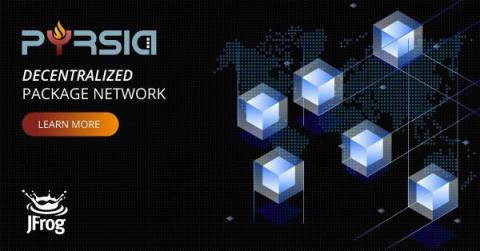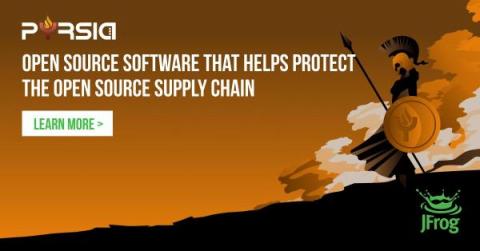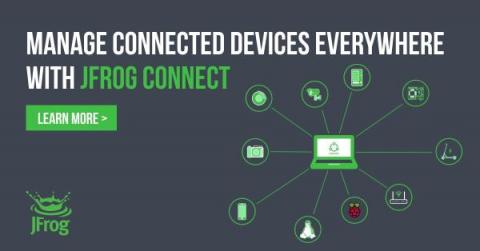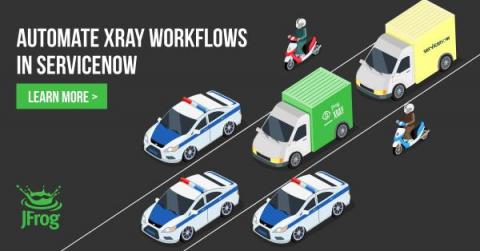Pyrsia: Decentralized Package Network that Secures the Open Source Supply Chain
Supply chain security has received a lot of attention in recent years. And rightly so. Software vulnerability exploitation attacks have been a key tool in the hands of the hackers to hamper businesses, compromise sensitive data, and a cause of general sense of fear around open source software.











